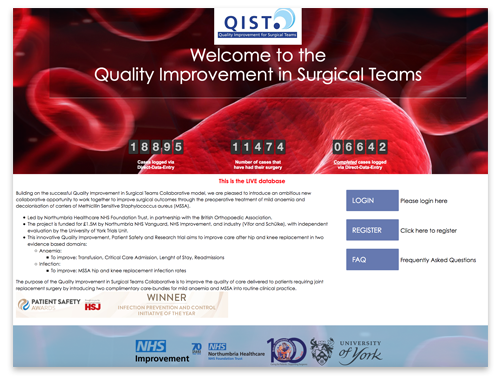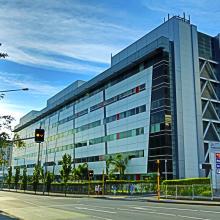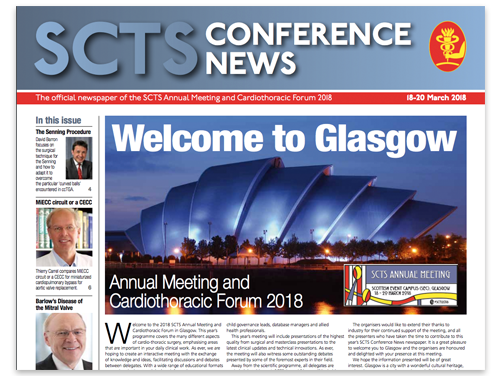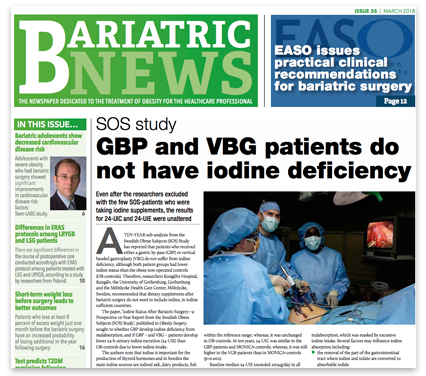
An international team of scientists are investigating a possible curious bi-directional relationship between COVID-19 and diabetes. The researchers, who are part of the CoviDiab project, have hypothesised that the SARS-CoV-2 infection maybe be triggering the onset of diabetes, and they have established a global registry to track occurrence of events and are calling for doctors around the world to contribute reports of cases of new-onset diabetes associated with COVID-19.
The CoviDiab registry is utilising Dendrite Clinical Systems’ innovative “Intellect Web” software to collect new cases of diabetes in patients with COVID-19 to understand the extent and the characteristics of the manifestations of diabetes in patients with COVID-19, and the best strategies for the treatment and monitoring of affected patients, during and after the pandemic. Since the CoviDiab registry was launched a small but growing body of evidence suggests a relationship between new-onset diabetes and COVID-19.
“Over the last few months, we’ve seen more cases of patients that had either developed diabetes during the Covid-19 experience, or shortly after that,” Rubino recently told The Guardian. “We are now starting to think the link is probably true – there is an ability of the virus to cause a malfunctioning of sugar metabolism.”
Despite an association between newly diagnosed diabetes and COVID-19, questions remain regarding causation remain.
It is known SARS-Cov-2 binds to ACE-2 receptors, which are expressed in several key metabolic organs and tissues including the pancreatic β-cells, adipose tissue, small intestine, liver and kidney, CoviDiab researchers stated. Therefore, it is plausible that SARS-Cov-2 could cause multiple co-existing alterations of glucose metabolism that can complicate the pathophysiology of pre-existing diabetes or lead to new mechanisms of disease.
The goal of the registry is to establish the extent and phenotype of new-onset diabetes that is defined by hyperglycaemia, confirmed Covid-19, a negative history of diabetes, and a history of a normal glycated haemoglobin level. The registry, which will be expanded to include patients with pre-existing diabetes who present with severe acute metabolic disturbance, may also be used to investigate the epidemiologic features and pathogenesis of Covid-19–related diabetes and to gain clues regarding appropriate care for patients during and after the course of Covid-19.
The researchers indicated they plan to begin a preliminary analysis once the registry reaches 200 case reports.
To read additional news articles reporting on the CoviDiab project, please see:
For more information on the CoviDiab project, please click here
 Dendrite Clinical Systems’ unique and innovation clinical software is been employed for a new innovative Quality Improvement, Patient Safety and Research trial that is seeking to improve the quality of care delivered to patients requiring hip or knee joint replacement surgery by introducing two complimentary care-bundles for mild anaemia and Methicillin Sensitive Staphylococcus aureus (MSSA) into routine clinical practice.
Dendrite Clinical Systems’ unique and innovation clinical software is been employed for a new innovative Quality Improvement, Patient Safety and Research trial that is seeking to improve the quality of care delivered to patients requiring hip or knee joint replacement surgery by introducing two complimentary care-bundles for mild anaemia and Methicillin Sensitive Staphylococcus aureus (MSSA) into routine clinical practice. Dendrite Clinical Systems is to install its “Intellect System” to track outcomes of cardiothoracic surgery at the Cardiothoracic and Vascular Intensive Care and High Dependency Unit, Auckland City Hospital, Auckland, New Zealand. The establishment of a Dendrite system at the unit will improve the quality of data and coding quality by creating effective clinical data entry and reporting, and data validation.
Dendrite Clinical Systems is to install its “Intellect System” to track outcomes of cardiothoracic surgery at the Cardiothoracic and Vascular Intensive Care and High Dependency Unit, Auckland City Hospital, Auckland, New Zealand. The establishment of a Dendrite system at the unit will improve the quality of data and coding quality by creating effective clinical data entry and reporting, and data validation.  Dendrite Clinical Systems and the Society for Cardiothoracic Surgery in the UK are pleased to announce the SCTS Conference News 201 newspaper is now available to view/download. This is the third successive year Dendrite has published the newspaper on behalf of the SCTS. The newspaper reports a multitude of presentations from the meeting including the latest and the best information on new technologies and techniques in cardio-thoracic surgery.
Dendrite Clinical Systems and the Society for Cardiothoracic Surgery in the UK are pleased to announce the SCTS Conference News 201 newspaper is now available to view/download. This is the third successive year Dendrite has published the newspaper on behalf of the SCTS. The newspaper reports a multitude of presentations from the meeting including the latest and the best information on new technologies and techniques in cardio-thoracic surgery.  Dendrite Clinical Systems, the publisher of Bariatric News, is pleased to announce issue 35 of the newspaper is now available to view/download. The newspaper reports on research, technology, events and policy in the bariatric specialty, the latest clinical studies, policy changes and product news, the latest meetings and events, interviews prominent bariatric experts, and host debates between specialists on controversial topics.
Dendrite Clinical Systems, the publisher of Bariatric News, is pleased to announce issue 35 of the newspaper is now available to view/download. The newspaper reports on research, technology, events and policy in the bariatric specialty, the latest clinical studies, policy changes and product news, the latest meetings and events, interviews prominent bariatric experts, and host debates between specialists on controversial topics.


